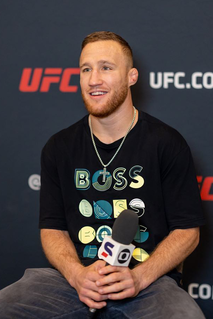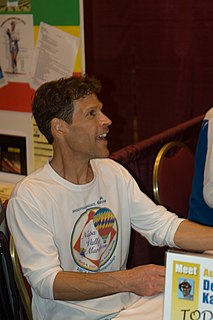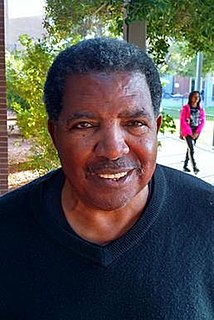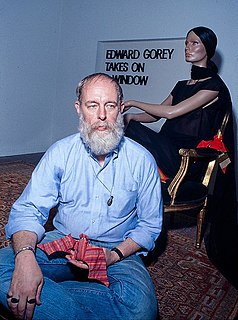A Quote by Victoria Strauss
When I was submitting my first novel, I had no idea that publishing scams existed. I never encountered any, but I could have - and knowing how easily I might have been taken advantage of makes me determined to protect others from falling into that trap.
Related Quotes
My idea of that[idea of career] is constantly changing. I mostly just throw it out to the universe and I can't really do much after that. I've never taken the steps to be "successful": I've never had a manager or signed to a publishing house. I've talked to people about it but I've never followed through because it gives me the creeps.
I wasn't born with any innate talent. I've never been naturally gifted at anything. I always had to work at it. The only way I knew how to succeed was to try harder than anyone else. Dogged persistence is what got me through life. But here was something I was half-decent at. Being able to run great distances was the one thing I could offer the world. Others might be faster, but I could go longer. My strongest quality is that I never give up.
The advantage of knowing about risks is that we can change our behavior to avoid them. Of course, it is easily observed that to avoid all risks would be impossible; it might entail no flying, no driving, no walking, eating and drinking only healthy foods, and never being touched by sunshine. Even a bath could be dangerous.
Don't wait for success, but for the respect and interest of those who read you. At the start it could be a classmate, someone who shares your interests. Before sending off the manuscript for a novel to a publishing house, it would be a good idea to try writing short stories, and publishing them in a local magazine.
I had written a book. For various reasons, the publishing industry had decided that my book was going to be 'important.' The novel had taken me 12-and-a-half years to write, and after being with the book for so long, I had no real perspective on the merits or demerits of what I had written. I hoped it was good, but feared that it wasn't.
While working on my first five books, I kept wishing I was writing a novel. I thought until you wrote a novel, you weren't taken seriously as a writer. It used to trouble me a lot, but nothing troubles me now, and besides, there has been a change. I think short stories are taken more seriously now than they were.
The magician seemed to promise that something torn to bits might be mended without a seam, that what had vanished might reappear, that a scattered handful of doves or dust might be reunited by a word, that a paper rose consumed by fire could be made to bloom from a pile of ash. But everyone knew that it was only an illusion. The true magic of this broken world lay in the ability of things it contained to vanish, to become so thoroughly lost, that they might never have existed in the first place.



































